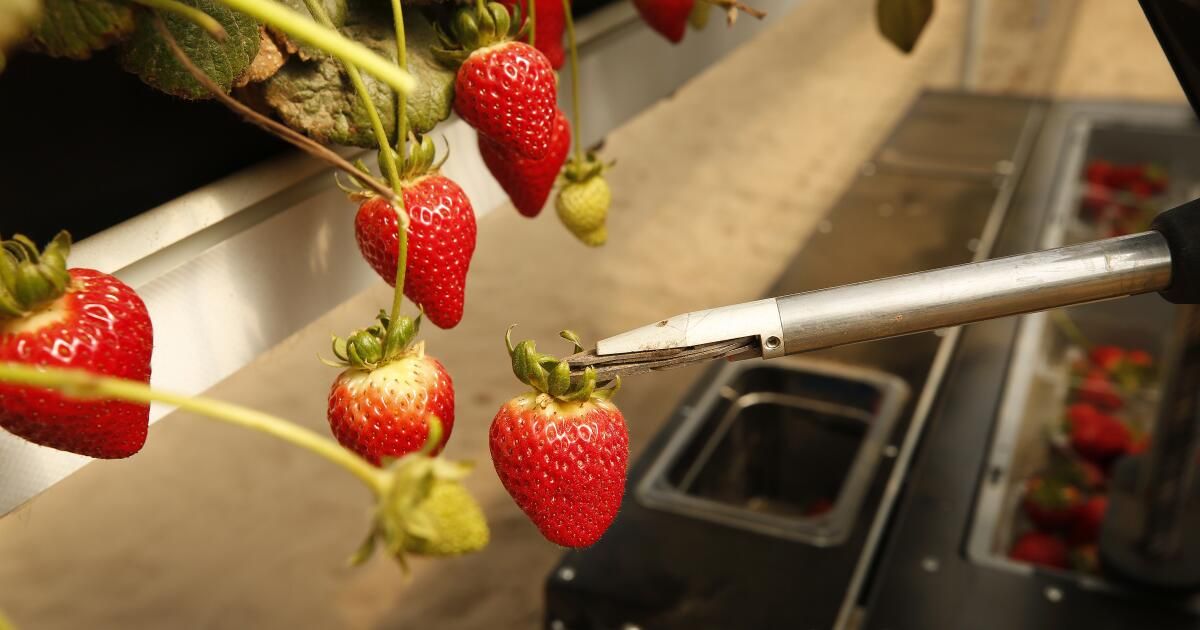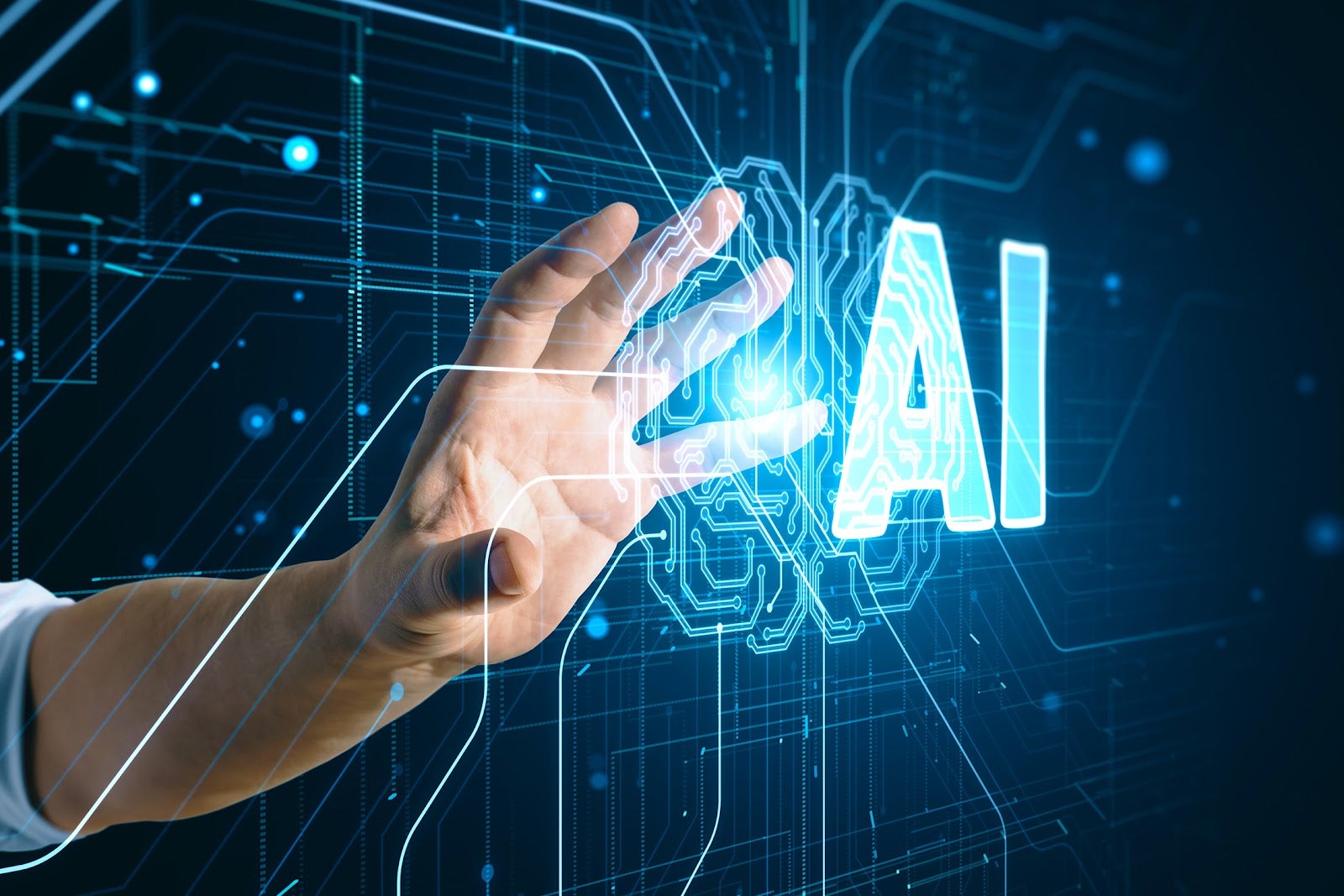To the editor: Should we applaud the development of AI-powered robots as farm workers? (“Could Laser-Powered AI Robots Make Herbicides — and Farm Workers — Obsolete?”, July 22)
Sure, they'll use less herbicide, kill weeds with lasers, and harvest crops faster, but this sort of “new era of industrialized food production” is exactly why we get such bland-tasting produce from industrial-scale farms, and why those products are less nutrient-dense.
These farms are businesses that operate like factories. What they grow are more vegetables and fruits that can be harvested faster and earlier, packed more densely and transported over greater distances, not so much for their taste or even their nutritional value.
Imagine what the needs and capabilities of these new machines will do to the next generation of tomatoes and strawberries we receive in our markets. And, although the technology eliminates thousands of low-paying jobs, it still costs a lot of money, so our food costs will not go down.
Not a fan.
Suvan Geer, Santa Ana
..
To the editor: These kinds of advances are necessary because in a sustainable future, when the world's population is reduced to 2 billion people, we will not have the labor to sustain the way agriculture is done today.
His statement about the health risks associated with chemicals used in agriculture says it all. Bayer, which bought Monsanto, the company that used genetic engineering to make plants immune to its herbicide products, will lose billions. Big Pharma will also lose a lot.
Only these two very powerful industries will fight tooth and nail against these changes.
These industries will claim, as do private utilities, that the use of environmentally friendly technologies will harm “ordinary people.” This argument ignores the reality that these ordinary people will always have jobs because, as National Lampoon’s 1972 song “Deteriorata” wrote, “There’s always a great future in computer maintenance.”
Gregg Ferry, Carlsbad












